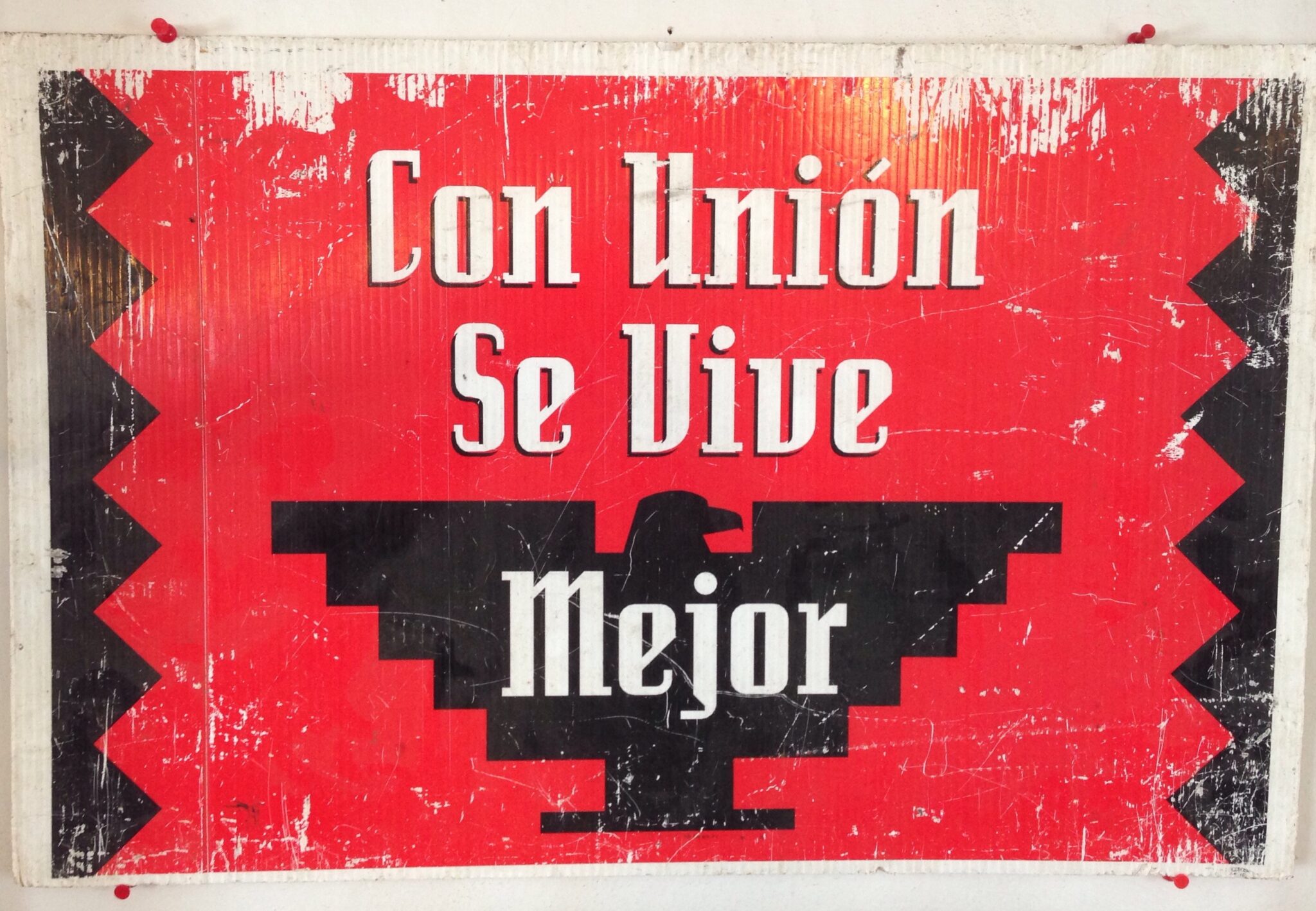In today’s news and commentary, Canadian public sector unions challenge a government return-to-office requirement, Las Vegas hotel union workers walked off the job this weekend for a 48-hour strike, and a California farmworkers union defends against charges of coercion in a recent organizing drive.
Four of Canada’s largest public sector unions, including the Public Service Alliance of Canada, began efforts to challenge a new federal return-to-office requirement. Beginning in September, most public sector employees will be required to come into their workplaces at least three days a week. Remote work was at the center of a 15-day strike across the country last year which did not lead to any meaningful protections for right to work from home. Currently, Canada requires two in-person work days of most government employees. Workers claim that they struggle to find workspace of equipment when they arrive. The unions have threatened coordinated disruptive actions in response to the in-person days increase. About 80 percent of the impacted workers are deemed essential workers who cannot legally strike under Canadian labor law.
Nearly 700 hotel-casino workers walked off the job early Friday morning for a planned 48-hour strike after contract negotiations with Virgin Hotels stagnated. The workers are represented by the Culinary Union, Nevada’s largest labor union. Virgin Hotels filed a complaint with the NLRB claiming that the union is refusing to bargain in good faith by engaging in take it or leave it bargaining. The contract with Virgin Las Vegas expired on June 1, 2023 meaning workers have been working without a contract for nearly a year. The union is responsible for negotiating recent agreements covering 40,000 on-Strip workers and 10,000 off-Strip workers. Just this year, the union won a 32% salary increase over five years for members at other Vegas hotels. The union hopes this 48-hour action will help to deal a new hand for workers when negotiations resume Tuesday.
A 640-worker unit of farmworkers filed for recognition with California’s Agricultural Labor Relations Board in February. Since, employer Wonderful Nurseries, has accused the United Farm Workers union of coercing and tricking workers into signing union cards. In 2022, California passed Assembly Bill 2183, allowing farmworkers to vote on labor representation via mail-in ballots or card check. This bill was later amended to eliminate the mail-in ballot option and to cap the number of work sites that could petition through card check to 75. The UFW has successfully organized four groups of farmworkers under the law. This week, an Administrative Law Judge is taking testimony from workers to determine whether there is evidence of union coercion or trickery of Wonderful Nurseries workers. Wonderful Company is one of California’s wealthiest and most well-known farm companies. It alleges that the UFW employed a bait-and-trick strategy by hosting off-site meetings to discuss $600 federal relief for farmworkers who worked during the pandemic, and then encouraging workers to sign union cards. The UFW has filed a counter-charge, alleging that Wonderful Nurseries managers have intimidated and threatened pro-union workers.







Daily News & Commentary
Start your day with our roundup of the latest labor developments. See all
January 29
Texas pauses H-1B hiring; NLRB General Counsel announces new procedures and priorities; Fourth Circuit rejects a teacher's challenge to pronoun policies.
January 28
Over 15,000 New York City nurses continue to strike with support from Mayor Mamdani; a judge grants a preliminary injunction that prevents DHS from ending family reunification parole programs for thousands of family members of U.S. citizens and green-card holders; and decisions in SDNY address whether employees may receive accommodations for telework due to potential exposure to COVID-19 when essential functions cannot be completed at home.
January 27
NYC's new delivery-app tipping law takes effect; 31,000 Kaiser Permanente nurses and healthcare workers go on strike; the NJ Appellate Division revives Atlantic City casino workers’ lawsuit challenging the state’s casino smoking exemption.
January 26
Unions mourn Alex Pretti, EEOC concentrates power, courts decide reach of EFAA.
January 25
Uber and Lyft face class actions against “women preference” matching, Virginia home healthcare workers push for a collective bargaining bill, and the NLRB launches a new intake protocol.
January 22
Hyundai’s labor union warns against the introduction of humanoid robots; Oregon and California trades unions take different paths to advocate for union jobs.